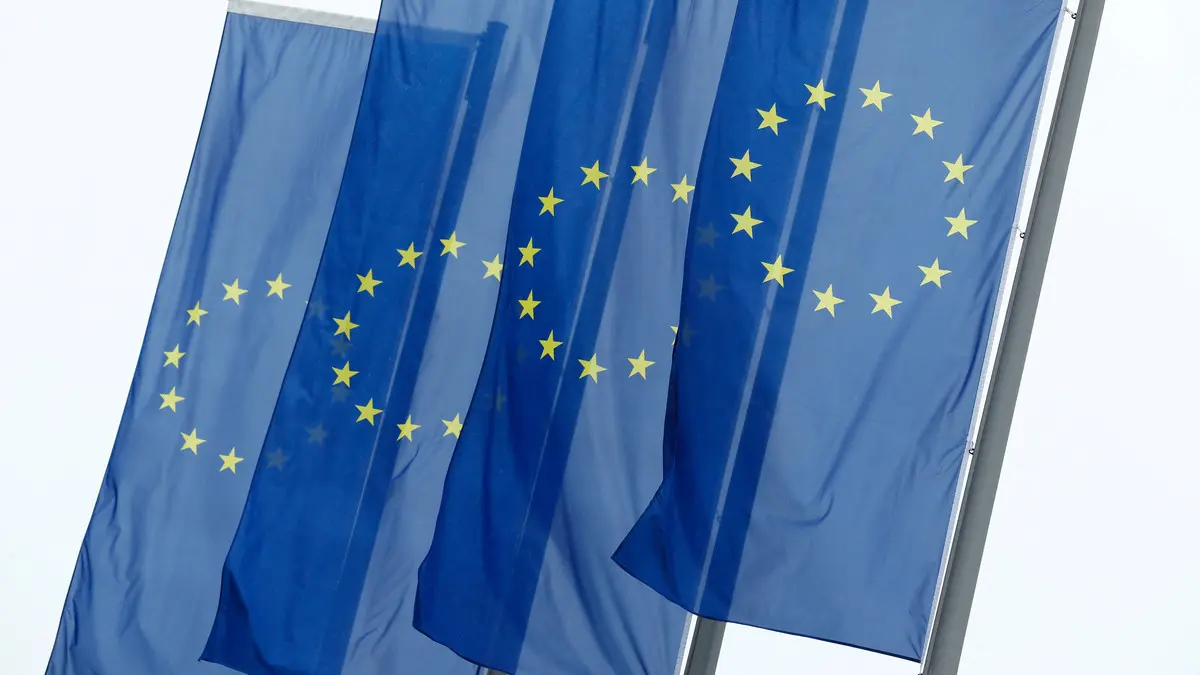The European Commission has unveiled a groundbreaking proposal to impose stringent methane emission limits on gas imports within the European Union (EU) by 2030.

The European Commission has unveiled a groundbreaking proposal to impose stringent methane emission limits on gas imports within the European Union (EU) by 2030. This initiative aims to compel international fossil fuel suppliers, including the United States, to take decisive action in reducing leaks of this potent greenhouse gas.
The proposal, revealed on October 23, is in response to mounting pressure from the European Parliament and influential EU member states, notably France, during ongoing deliberations on legislation addressing methane emissions within the bloc.
Methane, a primary component of natural gas used in power generation and heating, ranks as the second most significant contributor to climate change, following carbon dioxide. When released into the atmosphere, methane exhibits a particularly potent warming effect.
Under the new proposal, foreign gas suppliers will be mandated to mitigate methane emissions stemming from leaky oil and gas infrastructure. The draft emphasizes that non-compliance will be discouraged, with considerations for security of gas supply.
If the draft proposal receives approval, the Commission will delineate specific details in an “implementing act” at a later date. As of now, the Commission has refrained from providing official comments on the draft.
German lawmaker Jutta Paulus, a lead negotiator on the legislation for the EU Parliament, welcomed the move to address imported gas but expressed reservations about the 2030 timeline, advocating for methane restrictions on imported fossil fuels to take effect as early as 2026.
A spokesperson from the U.S. State Department commended the proposal for its robustness, highlighting the potential for gas buyers to wield their influence in mitigating methane emissions upstream. Such efforts could make a substantial contribution to global endeavors aimed at reducing this potent greenhouse gas.
The U.S. and EU, spearheading the Global Methane Pledge, pledged at the COP26 climate summit in Glasgow in 2021 to reduce methane emissions by 30% by 2030. Nearly 150 countries are currently participating in this initiative.
While methane has a more immediate planet-warming effect compared to CO2, it dissipates from the atmosphere at a faster rate. Scientists stress that swift reductions in methane emissions are imperative in this decade to limit global warming to 1.5 degrees Celsius and avert the most severe consequences.
Europe’s gas supply landscape has undergone significant shifts in recent years, particularly with Russia, the former top gas supplier, reducing deliveries in 2022 following its invasion of Ukraine. Norway, renowned for its low methane emissions intensity in fossil fuel production, emerged as the EU’s primary gas supplier last year.
However, the impact of methane limits could be more pronounced on other gas suppliers to the EU, where emissions rates are higher, including Algeria and the United States.
EU member states and lawmakers are striving to reach a final consensus on the methane legislation ahead of the UN’s COP28 climate summit, slated to commence on November 30. The draft Commission proposal represents a substantial reinforcement of the initial law, which, in 2021, primarily targeted oil and gas producers within Europe and left imported gas, constituting over 80% of EU supply, largely unaddressed.